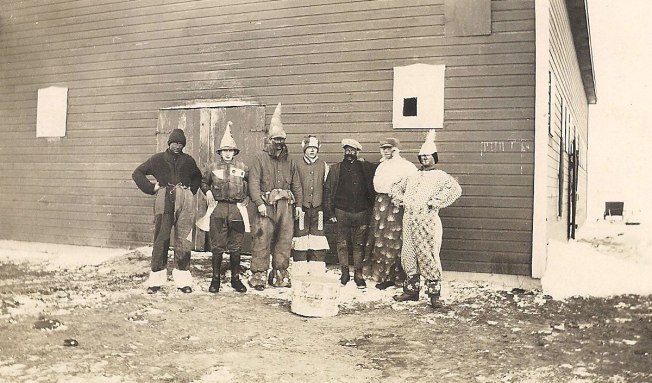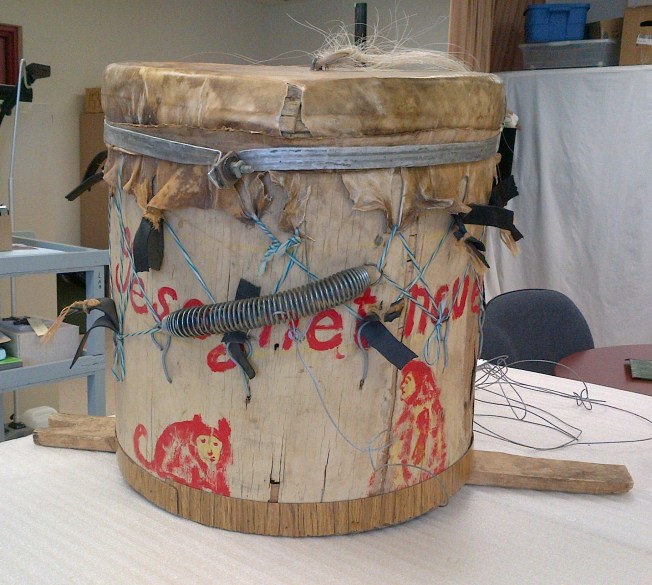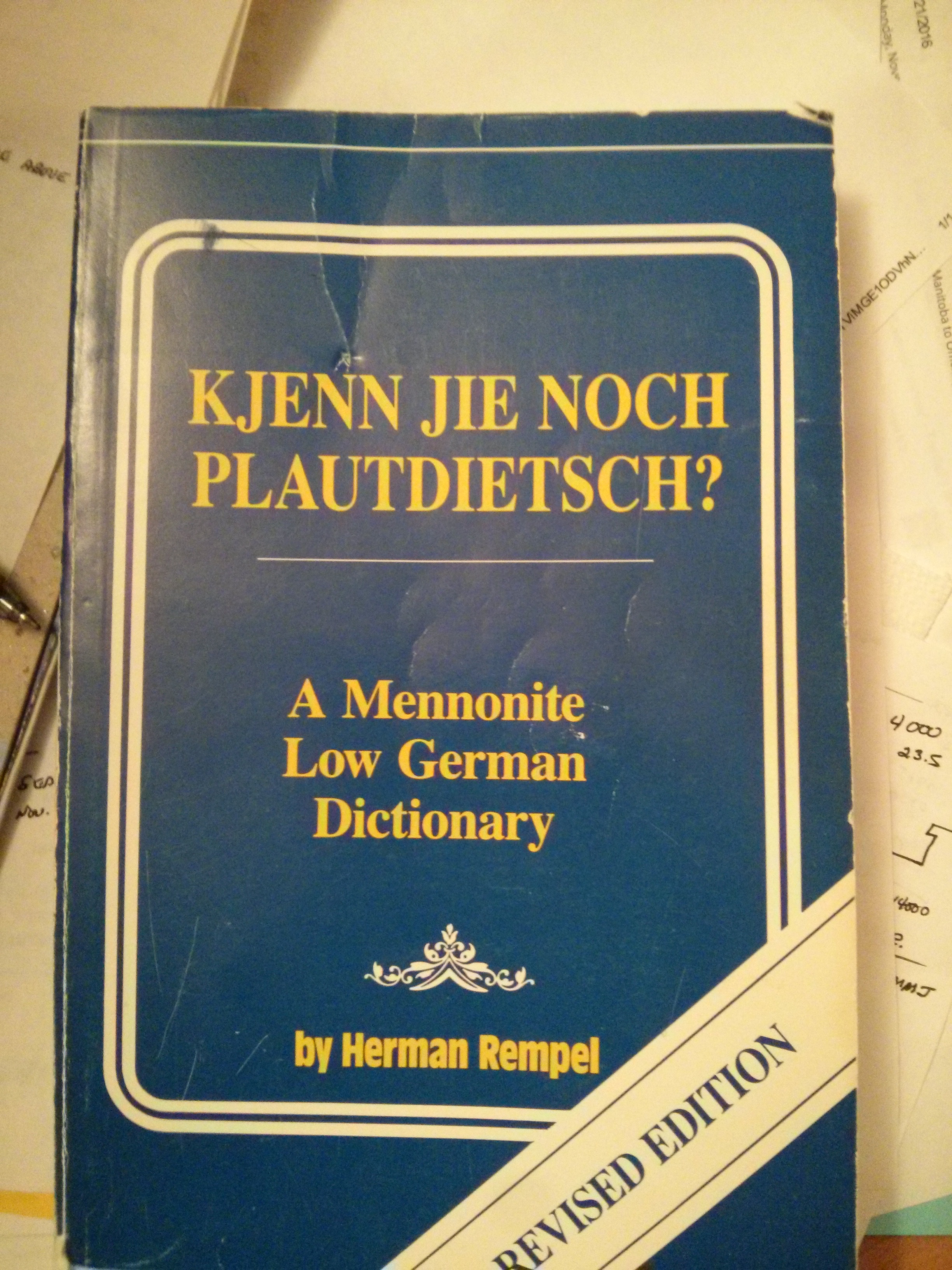
After years of inaction the Government of Canada is considering making reparations to Mennonites for ,close to a century of failure to live up to its obligations under the provinces of the Priviligium of 1873.
The Priviligium passed by Order In Council was designed to entice Mennonites from South Russia (now Ukraine) to immigrate to Canada. It resulted in some 7000 Mennonites moving to Canada between 1875 and 1885.
The Priviligium provided Mennonites with 15 guarantees the most important from the Mennonite perspective being freedom of religion, exemption from military service, the right to run their own schools using the German language and free land.
Although the government has admitted to violating its agreement with the Mennonites, the government has essentially told Mennonites to go to the ‘back of the line’ as it has more important groups to deal with. It would appear that the government is confident that because Mennonites are pacifists it has nothing to fear in terms of any militancy by the Mennonites.
Preliminary discussions have focused on how to ‘restore’ the position of those Mennonites who immigrated to Mexico and points beyond in 1927 and 1948 wholly based on the the government’s failure to honour its 1873 agreement with the Mennonites.
To this point the government has floated the idea of providing an annual free dinner to all Mennonites in Canada and Mexico. The dinner would include vereniki and foarma worscht complete with schmaunt fat. As well, men of voting age would each receive a pair of schlaubbekjse every second year and women would receive en duak every 3rd year.
To this point Mennonites have rejected the government’s offer and negotiations are ongoing. The Mennonites have suggested to the government that as a sign of good faith and respect they should learn the difference between Kielke and Vereniki.











